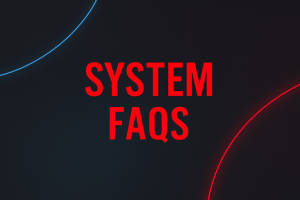
MP3 remains the most widely used format
across digital radio stations for several key reasons
✅ Universal Compatibility
- MP3 files are supported by virtually all broadcast software, automation systems, and streaming platforms.
- Stations using tools like SAM Broadcaster, Radio.co, Airtime, and Rivendell rely on MP3 for seamless integration.
⚡ Efficient File Size
- MP3s offer high-quality audio at significantly reduced file sizes compared to WAV.
- This allows stations to store thousands of tracks without overwhelming server space or slowing down playout systems.
📡 Faster Uploads & Distribution
- Smaller file sizes mean quicker uploads to station servers and faster distribution across syndication networks.
- This is crucial for campaigns like Music Pool’s 5,000 Plays, which push tracks to thousands of stations globally.
🎚 Broadcast-Optimized Quality
- A well-encoded MP3 at 320kbps delivers near-CD quality, ideal for radio airplay.
- Most stations normalize audio levels during playout, so WAV’s extra fidelity often goes unused.
🔄 Metadata Support
- MP3 files support embedded ID3 tags, allowing stations to read artist name, track title, genre, and album info directly.
- This metadata is essential for automated scheduling, reporting, and listener-facing displays.

